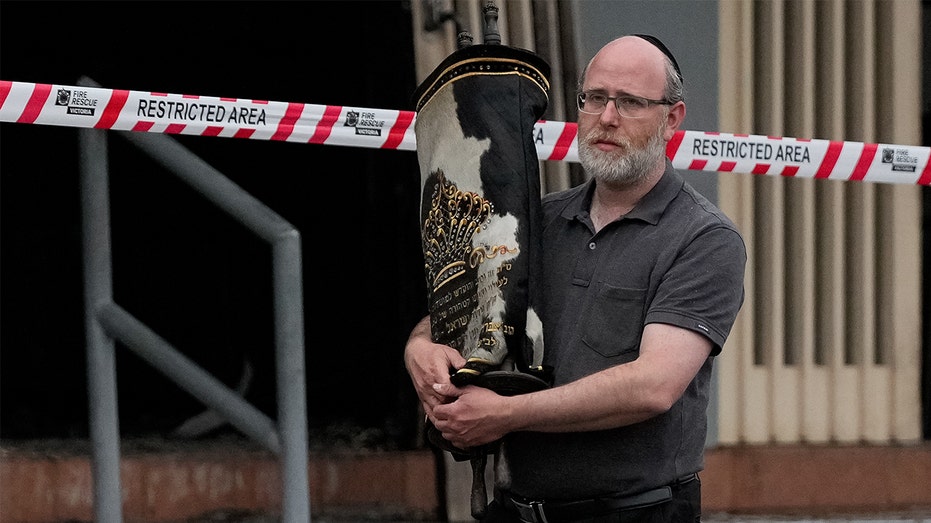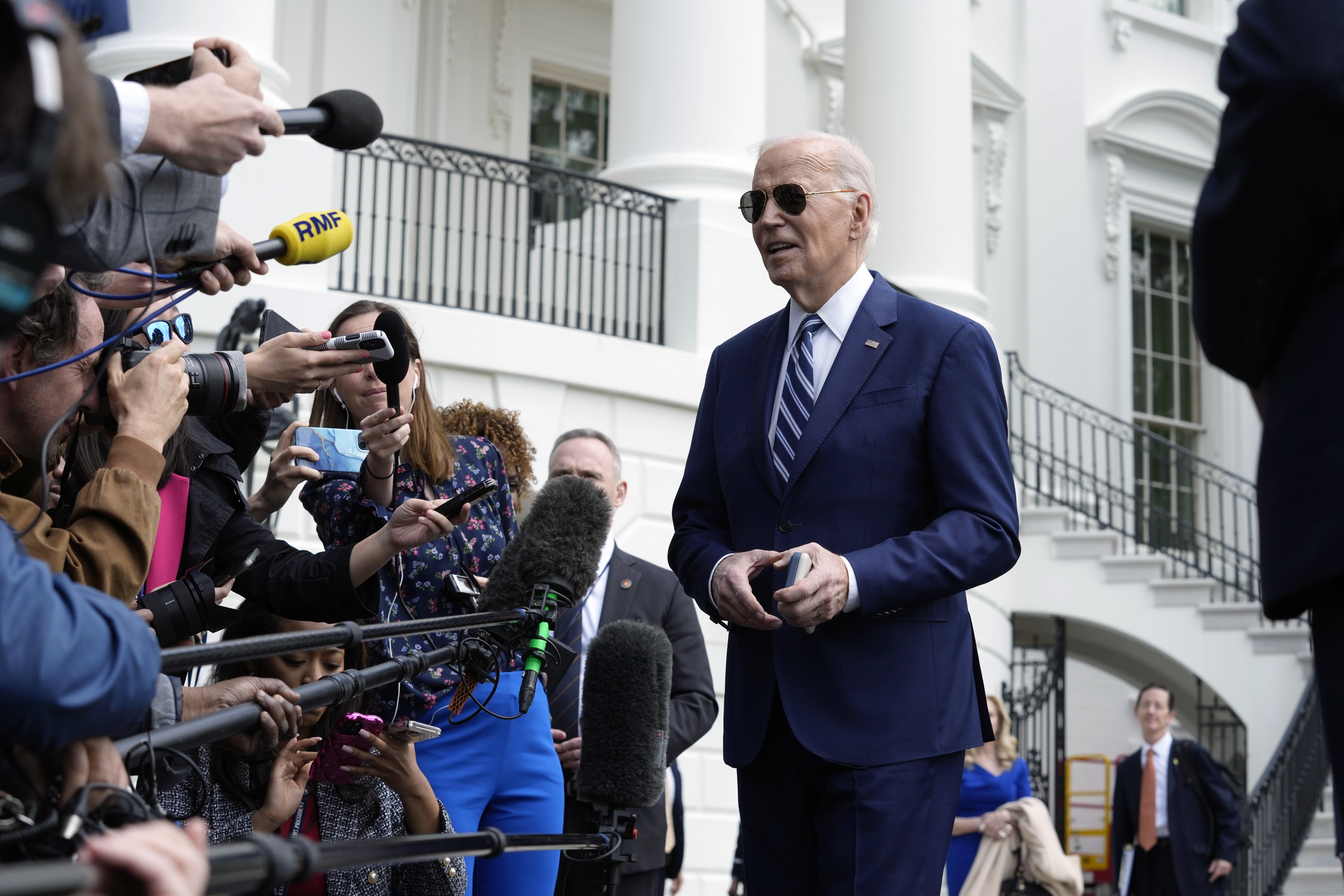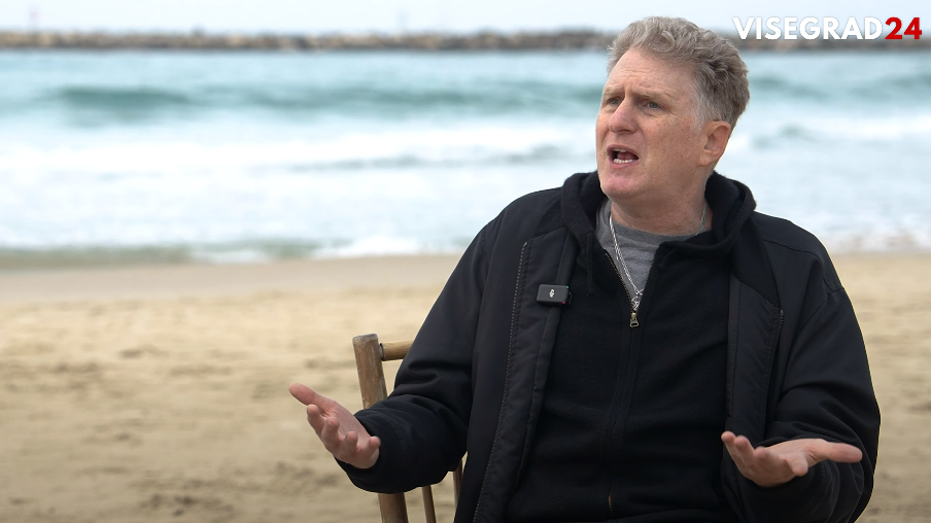ALEX RYVCHIN: Lessons in leadership from Australia's antisemitism crisis
Guest columnist Alex Ryvchin, CEO of the Executive Council of Australian Jewry, tells Americans they can learn from the mistakes of his country in failing to address anti-Jewish hate head on.

Australia’s soaring levels of anti-Jewish violence and vandalism have revealed how a country’s foreign policy impacts its internal affairs and how quickly an issue can become a crisis if the response of government is inadequate or ineffective.
Since the Hamas invasion of southern Israel on Oct. 7, 2023, Australia’s Jewish community has been confronted with a government marching away from its traditional support for U.S. policies on Israel as well as an increasingly turbulent domestic situation. Australia’s national representative body for the Jewish community, the Executive Council of Australian Jewry, recorded a 738% increase in antisemitic incidents in the two months after October 7, one of the sharpest increases anywhere in the world.
AUSTRALIA'S JEWISH COMMUNITY ALARMED BY RISING ANTISEMITISM: ‘FEAR AND ANXIETY’
Hundreds of Jewish artists, authors and other creatives were doxxed following the leak of a private Whatsapp group, allegedly by a New York Times journalist, which led to death threats, loss of employment and harassment of hundreds of Jewish Australians and their families. Jewish-owned businesses have been vandalized with antisemitic slogans and Hamas symbols, and some businesses have folded under the weight of coordinated boycott campaigns. The office of a Jewish member of parliament was firebombed and daubed with pro-Palestinian graffiti and a neighborhood in Sydney’s eastern suburbs, the center of the city’s Jewish community, had cars set on fire and homes vandalized with anti-Israel messages in two separate attacks. For a community that began with the arrival of the very first convict ships from England in 1788, the lowest points in the community’s long and distinguished history were in the immediate aftermath of the October 7 atrocities and on Dec. 6 of this year.
On Oct. 9, 2023, as news of the full scale of the Hamas horrors was still unfolding, a mob of masked men gathered at the steps of Australia’s most recognizable landmark, the Sydney Opera House, to chant "Where are the Jews," "F--- the Jews," and "O Jews, the armies of Mohammad are coming," and to release flares and burn Israeli flags. As the mob rampaged, Jewish residents of the city were warned by police to stay out of the city center. On Dec. 6, after over a year of escalating violence and weekly street protests, the Adass Israel Synagogue in Melbourne was set ablaze and virtually destroyed.
CLICK HERE FOR MORE FOX NEWS OPINION
It was perhaps the most significant antisemitic attack to have occurred anywhere in the world since October 7. The synagogue had been built by survivors of the Holocaust who had found refuge in Australia after the war, believing themselves to have permanently left behind scenes of burning books of prayer and the charred ruins of houses of worship.
Through it all, Australia's Jewish community has been cycling through emotions like the stages of grief. Denial that our country was changing in such profound and disturbing ways. Despair at what might come. And finally, anger. Anger that a proud and highly successful multicultural and democratic society has been allowed to come to this. Since the Adass Israel synagogue fire, the role of the center-left government of Prime Minister Anthony Albanese has been in sharp focus amid persistent criticism both from media and Jewish community leaders that the government’s failure to denounce antisemitism with clarity and force, and implement sufficient legal reforms and policies to address the emerging crisis, has contributed to a febrile state in which firebombings and public displays of terrorist insignia have now become entirely normal.
For its part, the government denies that its increasingly pro-Palestine policies, which seemingly stem both from a disdain for Israel and a crude domestic political calculus in which the Muslim and hard-left votes matter far more than that of the numerically insignificant Jewish community, are contributing to the antisemitism crisis.



